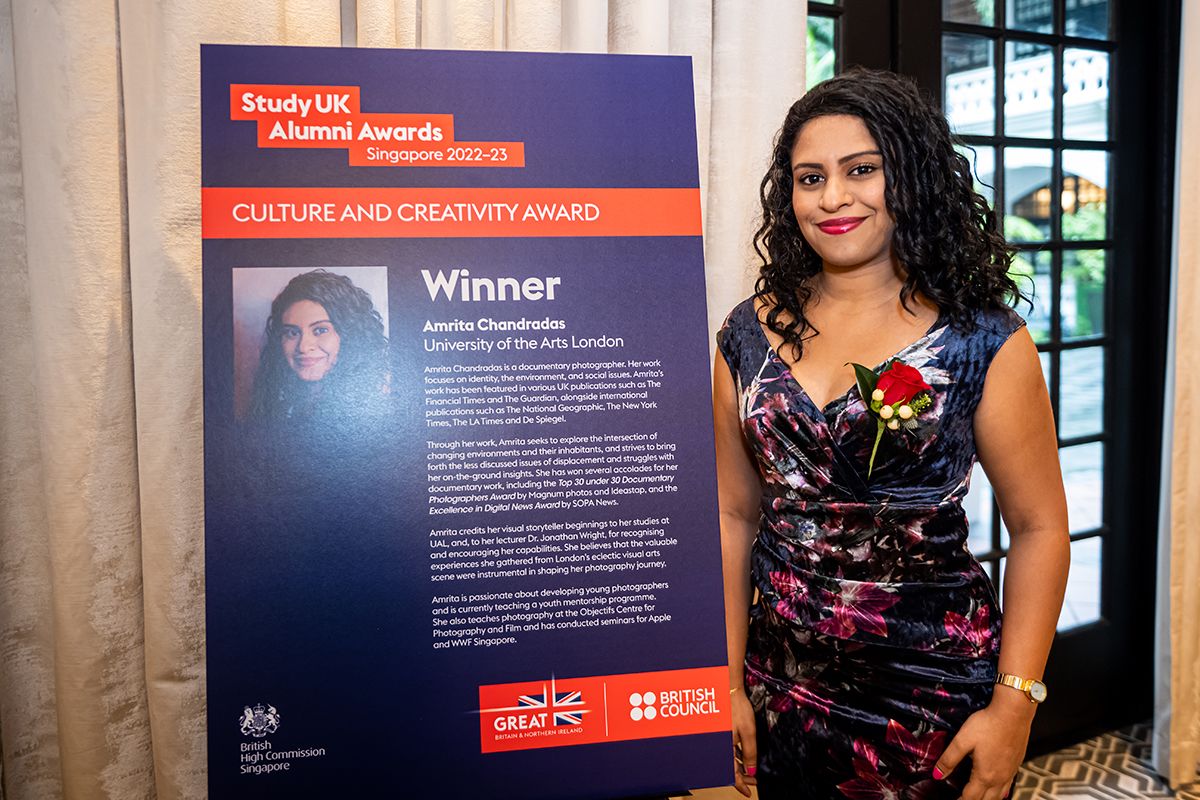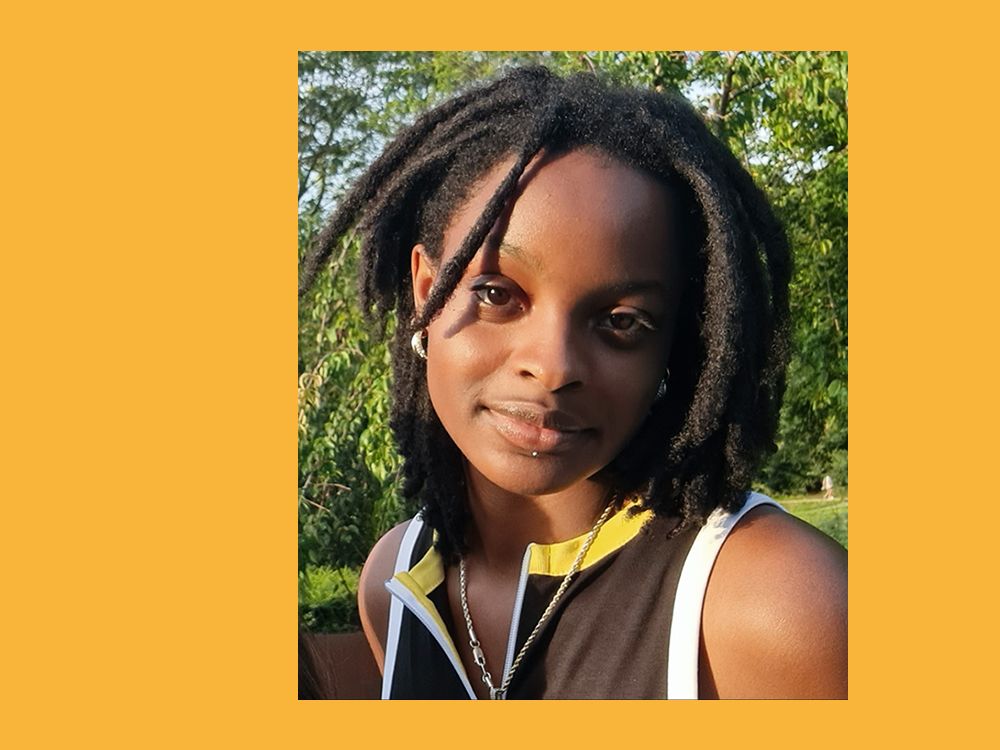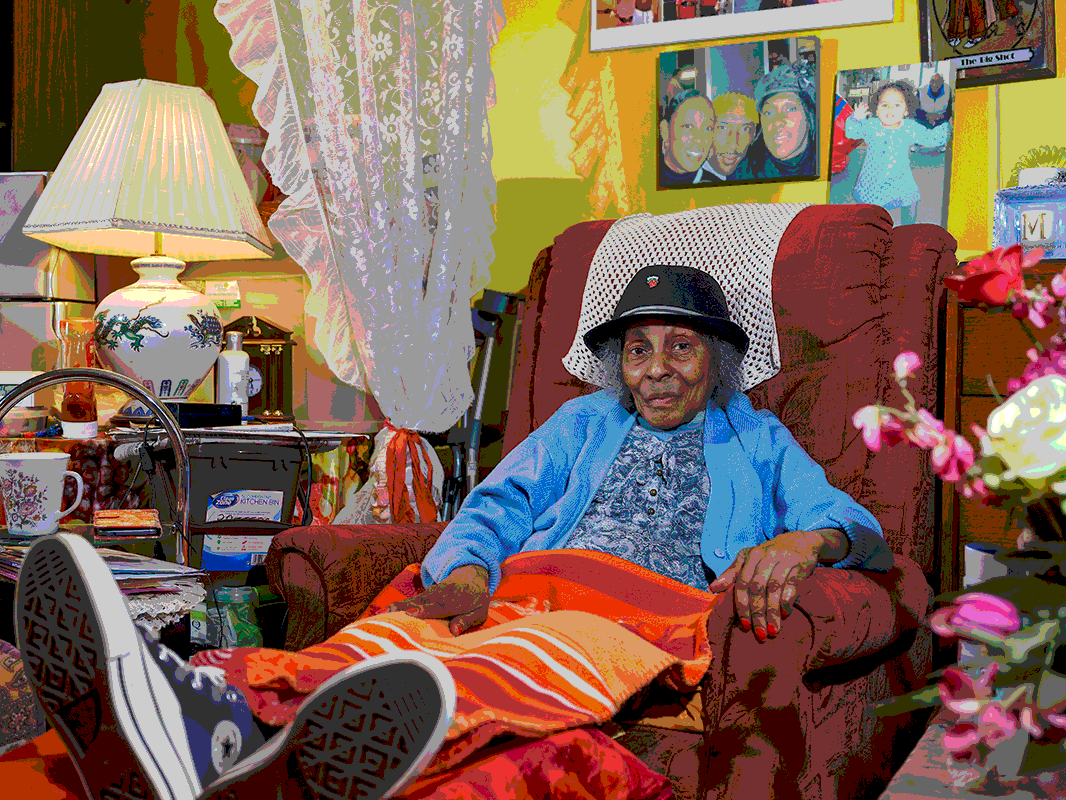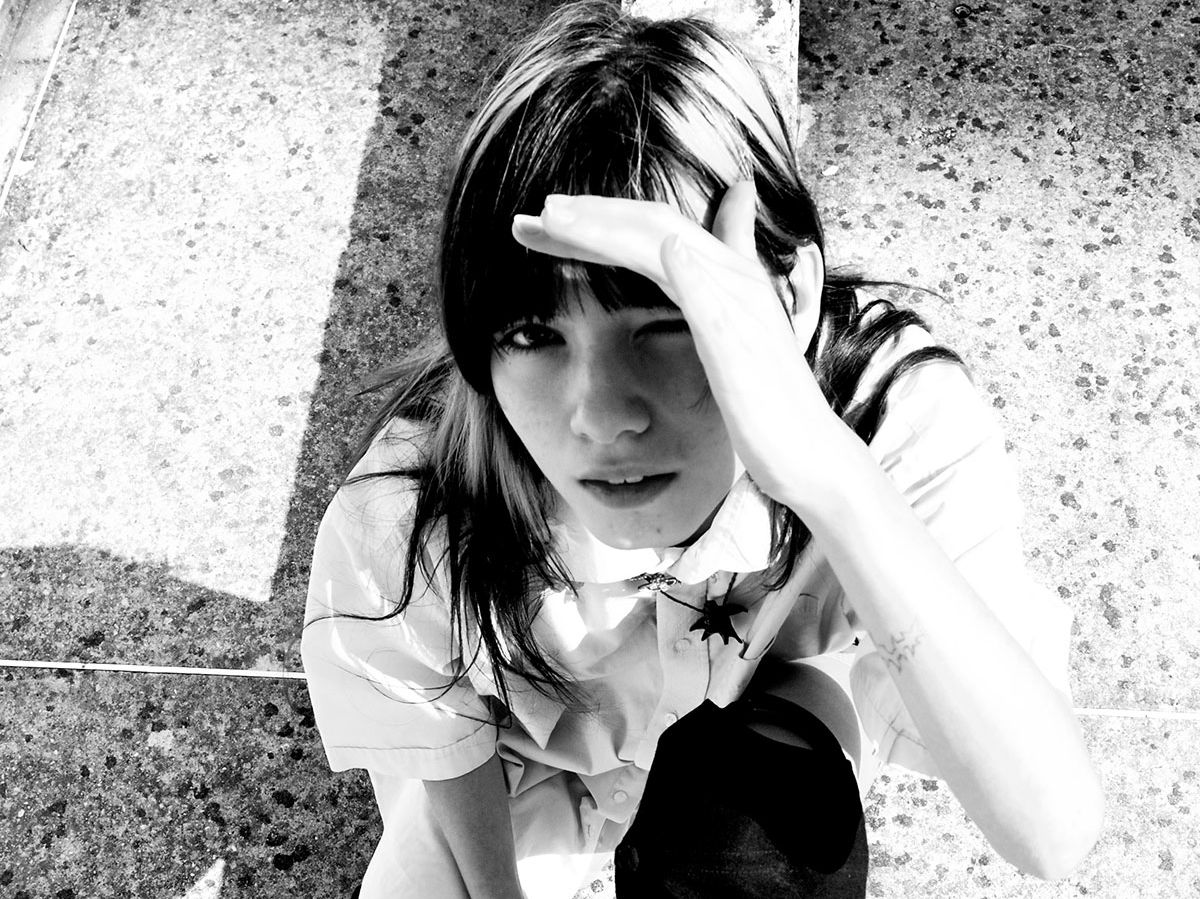
Graduate Voices: Amrita Chandradas

- Written byChloe Murphy
- Published date 28 November 2023

London College of Communication (LCC) has a truly international outlook. Home to over 5,000 students representing hundreds of global cultures, the diversity of the LCC community not only brings depth and richness to our ways of thinking, learning and making, but also amplifies our impact across the wider world.
This emphasis on sharing diverse perspectives echoes across our Media School, which is dedicated to the creative exploration – and shaping – of contemporary media practice. Working across areas ranging from publishing, advertising and public relations to communications, photography and journalism, staff and students create and collaborate in ways that reflect on the ever-changing nature of society.
Together, they use different forms of creative practice to consider themes like the impact of technologies and digital cultures, and issues around power, conflict and justice. They also collaborate in ways that illuminate the connections between media, history and memory, along with the importance of socio-cultural storytelling.
Amrita Chandradas
Documentary photographer Amrita Chandradas is both a BA (Hons) Media and Cultural Studies (now BA (Hons) Contemporary Media Cultures) and MA Photojournalism and Documentary Photography graduate of LCC.
Now based back in Singapore, Amrita’s creative career has taken her across the world through collaborations with leading publications such as National Geographic, Time Out and The New York Times, and inclusion in the 30 Under 30 Showcase from Magnum Photos and IdeasTap. Her work has a particular focus on the intersection of changing environments, which is complemented by reflections on her own experiences of navigating life across borders and cultures.
Earlier this year, Amrita’s creative contributions to the field of photography were recognised by the British Council and British High Commission at the Study UK Alumni Awards. Established to highlight the lasting impact of UK higher education, the Awards celebrate the lives of outstanding individuals who have used their international learning experience to make a positive impact on their communities, professions and home countries.
Amrita was awarded the Culture and Creativity Prize in recognition of her impressive portfolio, along with her support for emerging practitioners through activities such as youth mentoring; teaching at non-profit visual arts centre, Objectifs; and participation in seminars for organisations including Apple and WWF Singapore.
We caught up with Amrita to discuss what winning the Study UK Alumni Awards means to her, along with the creative spark of searching and finding, and the importance of remaining curious about the world around us.
Study UK Alumni Awards (Singapore) | 2023 Highlights
Tell us about your creative practice.
I’ve been working as a professional photographer for almost 8 years now. With a focus on documentary photography, most of my work is focused on identity, culture, environment and human rights issues.
I’m primarily based in South East Asia, but I’ve covered - and continue to work for - major global publications over the years. Across my career, I've always been focused on bringing lesser discussed issues of displacement to light, teamed with on-the-ground personal insights.
Have you always been interested in photography, or is this an area you've moved towards over time?
I was exposed to photography from a very young age. My father used to work as an infographic journalist for the main Singaporean print media, The Straits Times, and he was obsessed with documenting everyday moments. No matter where we went, he had his camera with him.
Along with him photographing people, events and surroundings, he made sure to point out the colours, lighting and details in our everyday environment, including the expressions on people’s faces. I think it was this shared experience that subconsciously trained my eye to find the extraordinary in the ordinary way of life.
It wasn’t until later that I actually picked up photography as a practice. I was 19 years old and interning for a film production studio, where everyone was experimenting with film cameras. I discovered a black and white image of a mother clutching the hand of her son in Istanbul, Turkey, which had been shot by the co-founder of Free State Site Productions. The image was enigmatic: it drew me in instantly and inspired me to be curious about the pictured figures’ existence.
Amidst this period of searching and finding, I first picked up the camera to photograph, but it wasn’t until later when I'd arrived in London that I found the courage to evolve my photography skills professionally.

What are some of your major sources of creative inspiration?
My father, of course. I also love the music and artistic vision of M.I.A, Sarah Moon and Sim Chi Yin - my mentor, and the only Singaporean photographer to be part of the prestigious Magnum Photos.
Additionally, I’m inspired by visual artist, Shirin Neshat, and plenty of my colleagues in the field: Muhammad Fadli, Yu Yu Myint Thanh and so many more.
Why did you decide to study for both a BA and MA at London College of Communication?
After graduating from Lasalle College of the Arts and working for a year, I was at a point in my life where I knew with all my heart that I wanted to dive further into media studies; however, the kind of course I was looking to take wasn’t available in Singapore then. I knew that it was time for me to leave home and explore the world.
I’d been to London once before, and was inspired by the eclectic art scene found in the UK. When I arrived, I continued my photography, interning then working at a photo studio known as the Mind Studio on Bow Road. During my time on BA (Hons) Media and Cultural Studies, I combined my photos with ethnographic essays, and it was while marking these essays that my lecturer Dr. Jonathan Wright observed and noticed my photography skills. His gentle encouragement pointed me in the direction of pursuing an MA in Photojournalism and Documentary Photography too.
I realised that I wanted to cohesively put stories together with the strong singular images that I’d shot. I never imagined I’d take on a photography course - or an MA course - when I joined LCC, but I believe my time as a BA student set a great theoretical foundation for my time as a postgraduate.

What were some of the key projects that you enjoyed working on during your studies?
During my BA, I enjoyed working on a short film about misconceptions of identity, and a radio programme that highlighted awareness of tinnitus, which is a condition I suffer from myself.
On my MA, I enjoyed working on themed assignments that we shot every week. It was an intense experience, but it forced us to learn how to make conversation with strangers and find the necessary moments to illustrate the story we wanted to work on.
I also enjoyed the first ever photo story I worked on, 6.9: a project that looked at the changes in Singapore’s geographical landscape due to sociological conditions. I was glad that my first photo story was shot in my home country, and it was an honour to present the work as my final project during the MA Photojournalism and Documentary Photography Postgraduate Shows.
Aside from your degree, what did you most enjoy about your time as an LCC student?
My major highlight was meeting classmates from around the world, many of whom I remain very close with even now: these formidable friendships have really run deep. I had an incredible time learning about so many different people and their experiences which I otherwise would not have been exposed to. I really loved integrating with others and being inspired by their artistic vision.
My other highlight would be using the wonderful spaces and facilities to scan images created on film. It was my first time learning other alternative processes which I had thoroughly enjoyed.
I also enjoyed the open and honest conversations with my lecturers who provided a safe space for us to express our thoughts, along with the wonderful student exhibitions held at LCC.

What was your experience of the Study UK Awards?
The ceremony was great as I got to meet fellow industry professionals and winners in other categories. Having my best friend by my side as my guest made me reminisce about the support and love I received while undertaking my studies at LCC.
I was able to celebrate my experience of studying in the UK, which was fantastic – I have no regrets about doing so as I know I’ve found a part of my voice through the meeting of other artistic individuals there. The atmosphere of the eclectic UK art scene will always remain etched in my mind, and serve as a constant reminder to always experiment and explore.
Overall, I think the ceremony offered a chance for me to reflect on my decision to dedicate both my life and my work to storytelling within the world of photography.
What does winning the Study UK Culture and Creativity Award mean to you?
I think it’s mostly given me a great sense of encouragement, and has helped me to take time to recognise my achievements while reminding me not to be complacent.
I feel really encouraged to push forward and contribute more towards society, while also remembering to remain humble.

How did your studies at LCC prepare you for the next step in your career?
Being able to gather career advice and insights into how the industry worked from my lecturers helped to facilitate my expectations as I stepped out into the real world.
The various exercises and projects I took part in helped me to hone my working process which I still use whenever I work on a photo story, while the theoretical grounding has kept me in check with issues of ethics and representation.
Based on your experience, what are your tips for prospective students who are interested in exploring photography and media cultures?
Don’t be afraid to ask questions, and be willing to be curious about the world.
While you’re studying, take time to explore - visit as many exhibitions and talks as you can, and don’t forget to read to upgrade your knowledge.
Collaborate with your classmates, because as you step out into industry, you’ll cherish the safety net of communication and space in the bonds you’ve created with your classmates. Your degree is your time to be creative and to learn from one another.
I also think it’s very important to undertake an internship so you can learn how to combine your practical knowledge together with your theoretical knowledge too.
Related links:
- Explore more of Amrita's work on her website.
- Find out more about the Study UK Alumni Awards.
- Learn more about our MA Photojournalism and Documentary Photography course.



